|
|
 |
| |
Qin Shi Huang Great Wall |
|
|
In 221B.C., Qin Shi Huang conquered the other six ducal states,unified China,became the first emperor of the Qin Dynasty(221-207B.C.) and built the first centralized feudal empire.
To consolidate the territory and protect the country from the harassment of the northern nomadic tribes, he ordered the construction of the 5,000-kilometer Great Wall, starting from Liaodong Bay in the east and ending in Lintao of Gansu Province in the west.
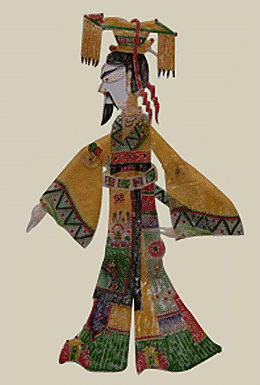 Emperor Qin Shihuang (259-210B.C.) had Ying as his surname and Zheng as his given name. He name to the throne of the Qin at age 13, and took the helm of the state at age of 22. By 221 B.C., he had annexed the six rival principalities of Qi, Chu, Yan, Han, Zhao and Wei, and established the first feudal empire in China's history.
Emperor Qin Shihuang (259-210B.C.) had Ying as his surname and Zheng as his given name. He name to the throne of the Qin at age 13, and took the helm of the state at age of 22. By 221 B.C., he had annexed the six rival principalities of Qi, Chu, Yan, Han, Zhao and Wei, and established the first feudal empire in China's history.
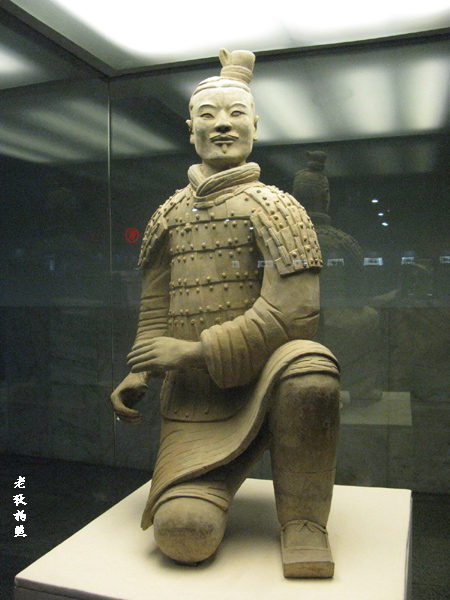
The terra-cotta warrior in Emperor Qin Shi Huang's Mausoleum
In the year 221 B.C., when he unified the whole country, Ying Zheng styled himself emperor. He named himself Shihuang Di, the first emperor in the hope that his later generations be the second, the third even the one hundredth and thousandth emperors in proper order to carry on the hereditary system. Since then, the supreme feudal rulers of China's dynasties had continued to call themselves Huang Di, the emperor.
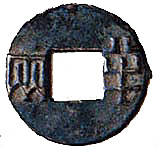
Qin Shi Huang use Qin Banliang Coin as a unified national currency.
After he had annexed the other six states, Emperor Qin Shihuang abolished the enfeoffment system and adopted the prefecture and county system. He standardized legal codes, written language, track, currencies, weights and measures.
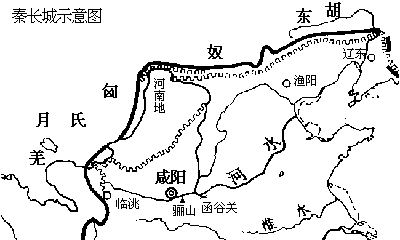
The Map of Qin Shi Huang Great Wall
To protect against harassment by the Hun aristocrats, Emperor Qin Shihuang ordered the Great Wall be built. He command MengTian general and thousands upon thousands people to build the new city wall, it stretch more than five thousand kilometre in an unbroken chain.
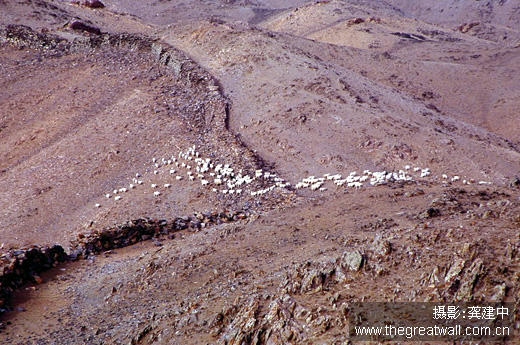
Ruins of Qin Shi Huang Great Wall at Inner Mongolia.
All these measures played an active role in eliminating the cause of the state of separation and division and strengthening the unification of the whole country as well as promotion the development of economy and culture. They had a great and deep influence upon China's 2,000 year old feudal society.
(Photo by LaoDi,Gong Jianzhong)
|
| |
|

